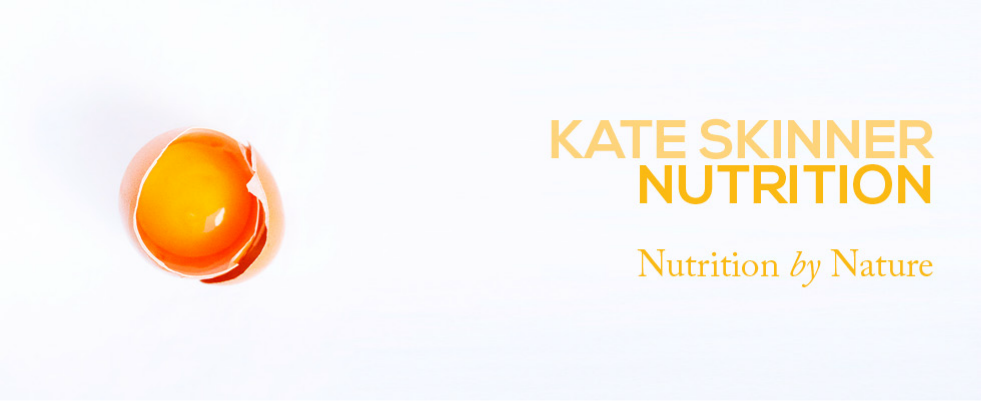It’s quite shocking that polyunsaturated fats are still being touted as “healthy” fats, as the scientific literature clearly shows the damage caused by these types of fats in a multitude of both animal and human studies. Recommending the consumption of polyunsaturated oils for their ‘heart-healthy benefits’ is equivalent (or worse) than the old 20th century medical adage to prescribe smoking as a treatment for sufferers of chronic asthma (true).
“Dietary salt restriction has become a cultural cliché, largely as a consequence of the belief that sodium causes edema and hypertension.” Ray Peat PhD As the incidence of obesity and other diet-related conditions such as heart disease, diabetes, metabolic syndrome and some forms of cancer have skyrocketed in Western developed countries in the last hundred years, it’s interesting to look back at how the main foods in our diets have changed during this same time period. The French have consommé and glace de viande, the Vietnamese have pho, the Japanese have ramen, and so on – nearly every culture has traditionally included broths and stocks made from animals bones in their diets. Whilst gummy bears and jello don’t exactly conjure a picture of good health, gelatin of the non-lolly variety can be a wonderful addition to your diet, with lots of health benefits including: Sitting down to a big bowl of vegetables might make you feel smugly ‘wholesome’, but if you’re not getting a decent bit of fat along with it then you’re missing out on many of the vitamins and minerals that make those vegetables so nutritious in the first place. I’m pretty well convinced that grains contribute nothing to our diet that can’t be found elsewhere – in the form of fruits and vegetables, meat, fish, fowl, eggs & dairy. When choosing a nutritious snack, ideally you want to look for one that will supply your body with a little decent protein, quality carbohydrate and nourishing fat. Even if you’re eating something like a piece of fruit, it’s best to include a little something extra to provide the protein and fat to curb the insulogenic effects of those natural sugars on your blood glucose levels (and vice versa, ie make sure you have some fruit or root veggie etc, with your protein), whilst giving you longer-lasting energy. That old and dusty hypothesis that dietary cholesterol causes a significant increase in blood cholesterol, thereby correlating with heart disease has long been put to rest. Many studies have confirmed that dietary cholesterol in fact has very little to do with cholesterol seen in the body, and that serum cholesterol levels may not be indicative of heart disease risk as once presumed1. Eggs, like most cholesterol-rich foods, are jam-packed with important nutrients, especially fat-soluble vitamins and essential fatty acids. Roasted, stuffed pumpkins adorned with hearty kale, creamy feta and bursts of fresh pomegranate provide a little seasonal colour and comforting carbohydrate as the weather gets a bit nippier (here in the base half of the globe, anyway). It’s sweet, deliciously satisfying, and healthy to boot. |

